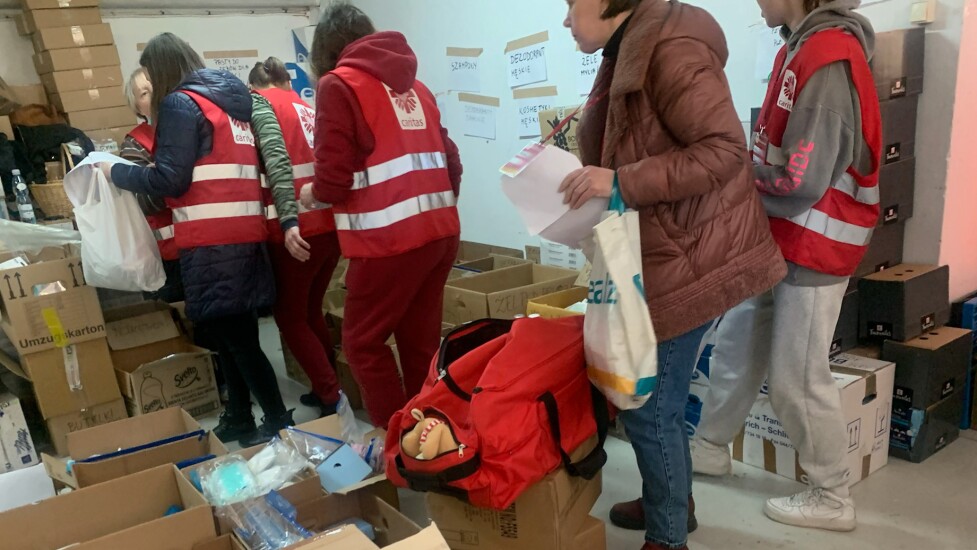Over the course of Russia's war on Ukraine, financial institutions in the U.S. have bolstered organizations abroad and helped refugees begin to rebuild their lives.
Banks and credit unions alike launched tailored relief campaigns ranging from partial loan forgiveness and fuel donations for Ukrainian farmers to special accounts and recruitment efforts for refugees.
Below is a compilation of American Banker coverage that highlights how institutions have stepped up to help.














